The Russia-Ukraine war broke out 19 months ago. During this time, the parties have used a number of new technologies and strategies to gain an advantage. How have the events so far changed our understanding of modern warfare?
I would answer that question by referring in the first instance to what we expected modern warfare to be and to mean and what we thought it would look like. And then talk about what we've actually seen to the extent that we can tell. There are lots of caveats about that because it's very difficult for people like us who are not involved in it, who are looking at it through the media fundamentally and the images of the various combatants on either side to know. What we expected of modern warfare from a Western perspective was something that would be faster, characterized by more movement, by more precise but also more limited application of firepower. Reality looks different. The combat in the Russo-Ukraine war looks a lot like the First World War. If you look at these battlefields from the top down, you see continuous trench lines crossing the landscape. You see Ukrainian fields that are clearly peppered with shell craters all over the place and in mass amounts.
So it's massive, it's at scale and what seems to count on the battlefield, why Russia is winning and has been winning since February of 2023 is because it retains quite a lot of old industrial military muscle. Stuff that was thought to be, if not quite obsolete, then not as important.
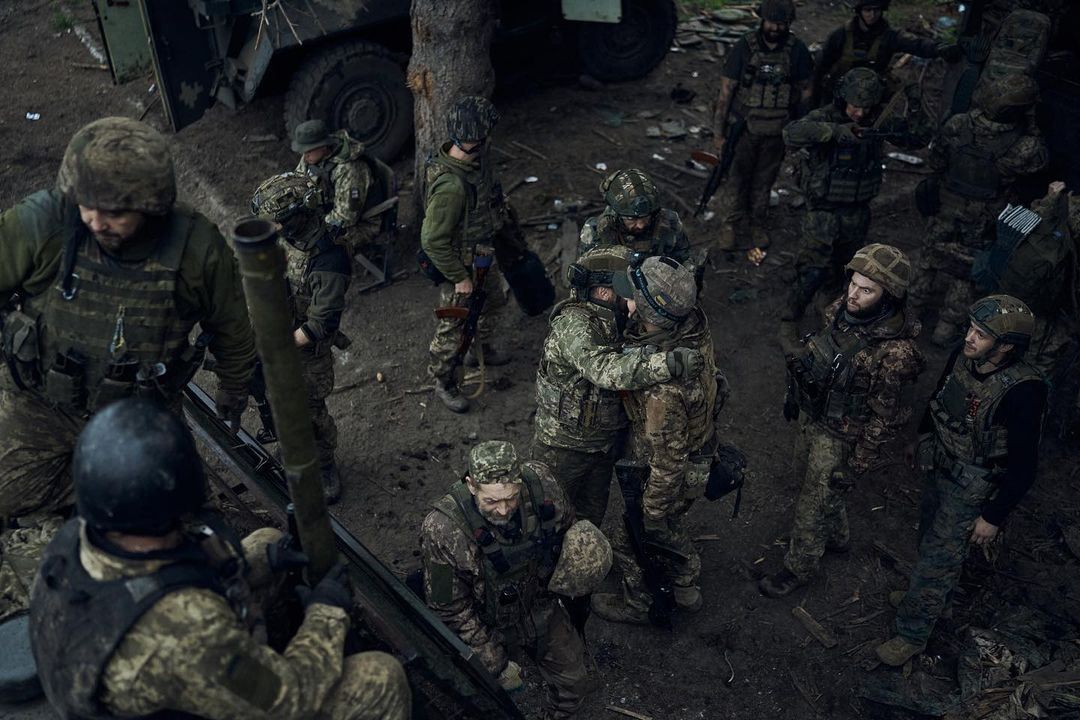
But then there is drone warfare, which is being used in an unprecedented way by both sides.
The use of drones should not be underestimated, specifically the use of relatively low grade, low cost, often commercial drones. Cheap machines with the ability to lift maybe a few tens of kilos of hardware into the sky. One can see the reality of this on both the Ukrainian and the Russian side. There has been a massive investment in the building up of the manufacturing capability of these drones in a way that looks like an industrial conflict of the 20th century: it seems to matter a lot which side is able to put more of these and better of these into this new airspace. And they're both pushing very, very hard on this and also drawing on the assets of their allies. Notably in the case of Ukraine, effectively, NATO. Ukraine is being used. Ukraine is a proxy of NATO.
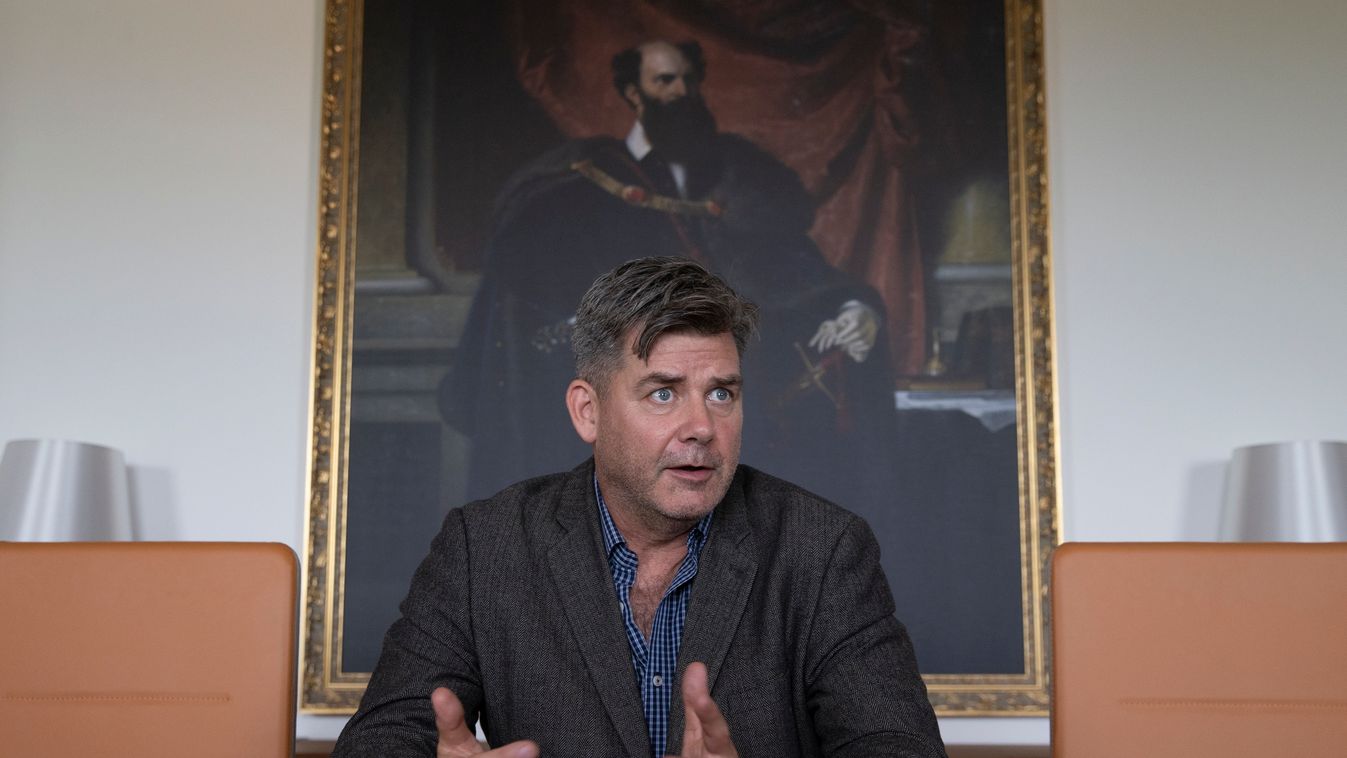
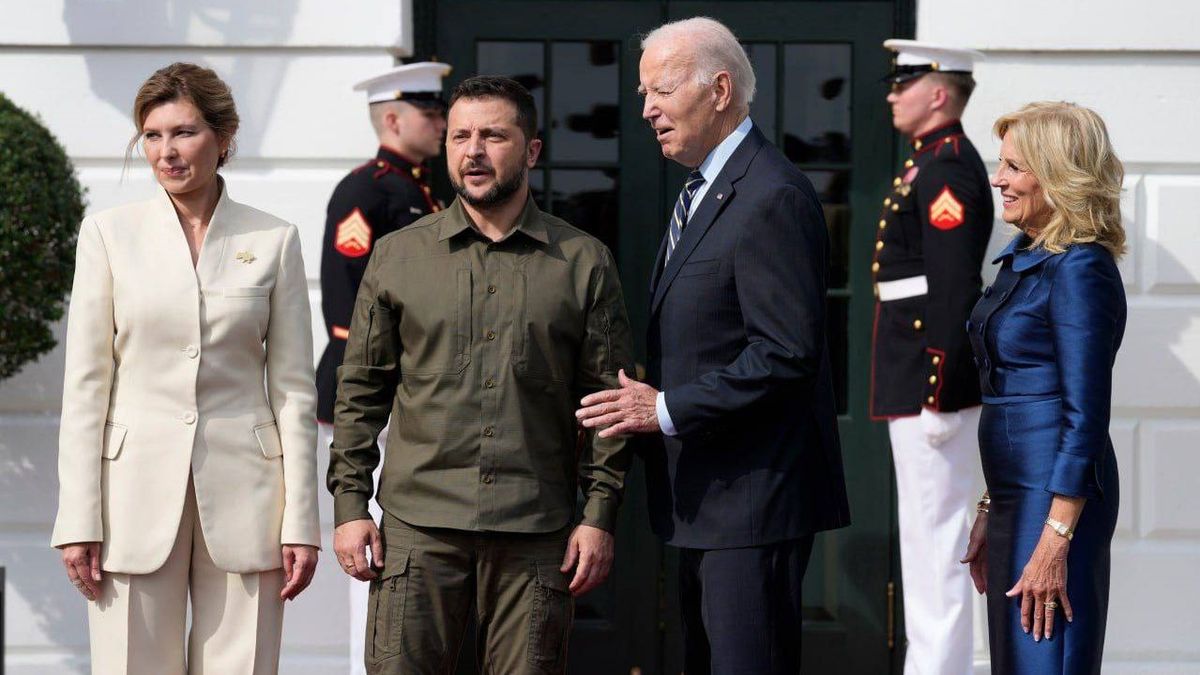

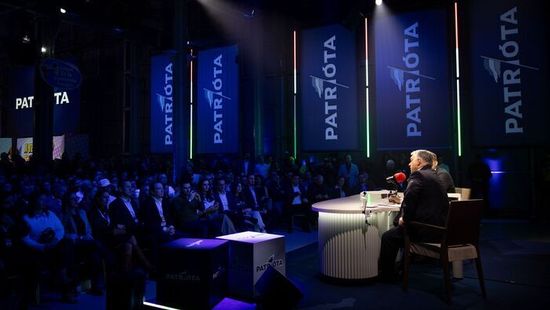
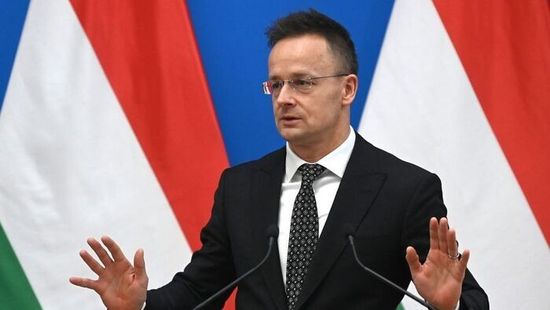


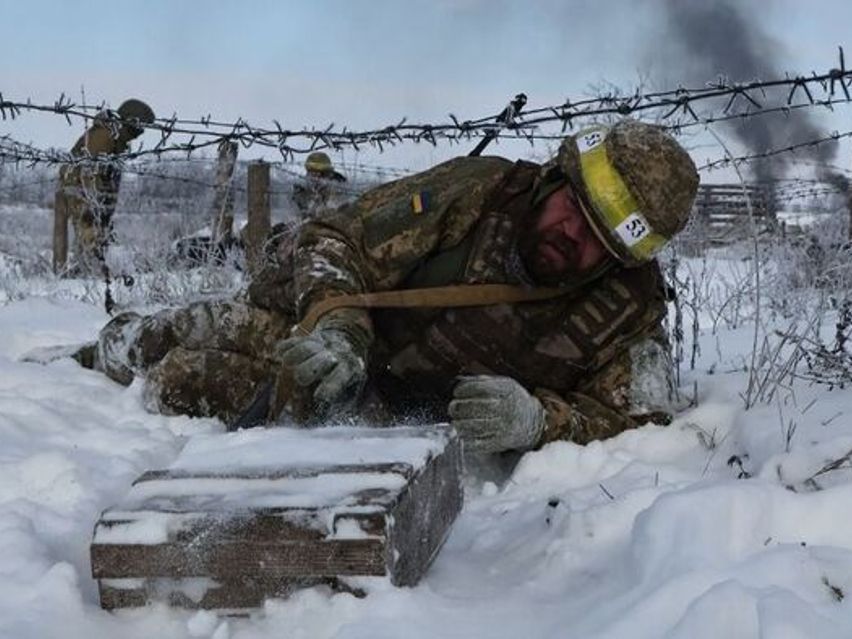
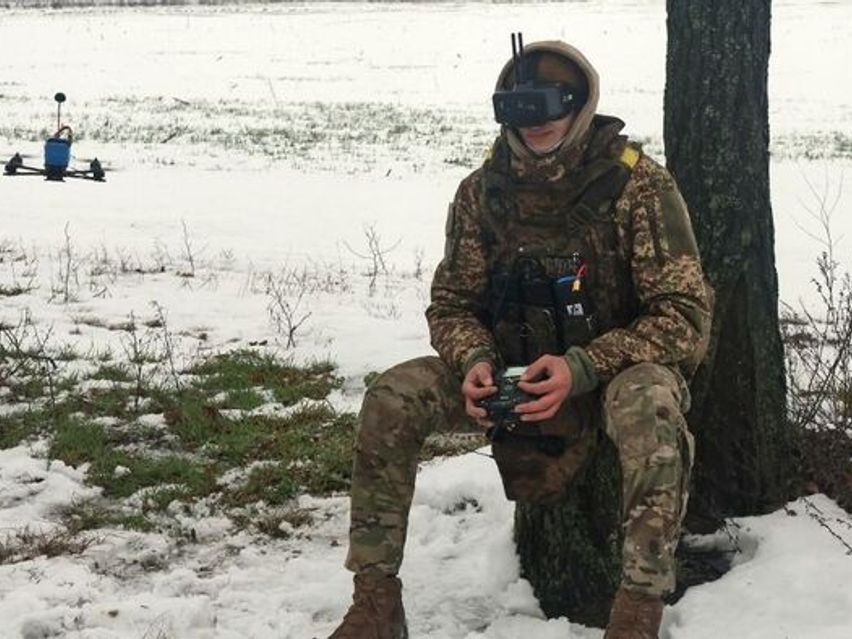




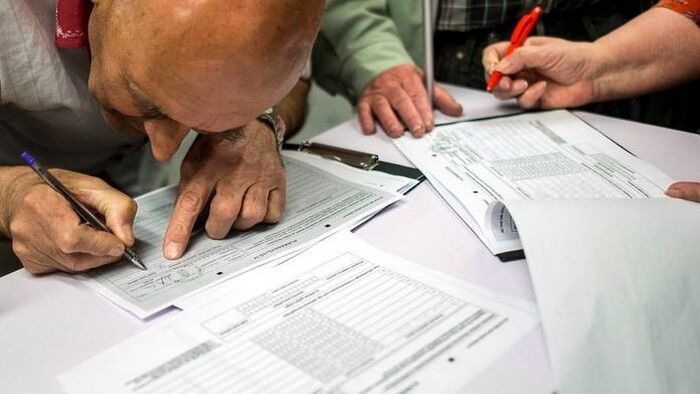

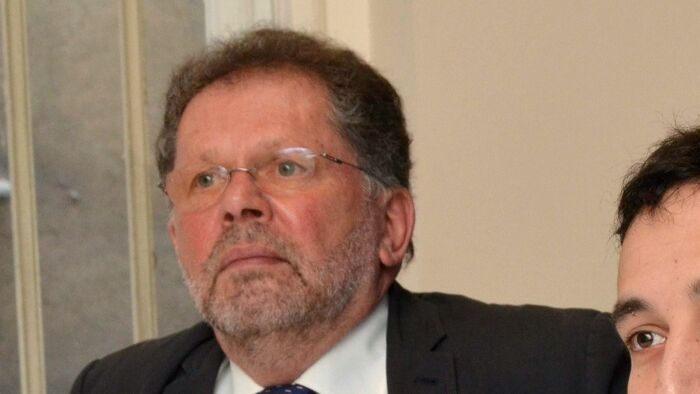
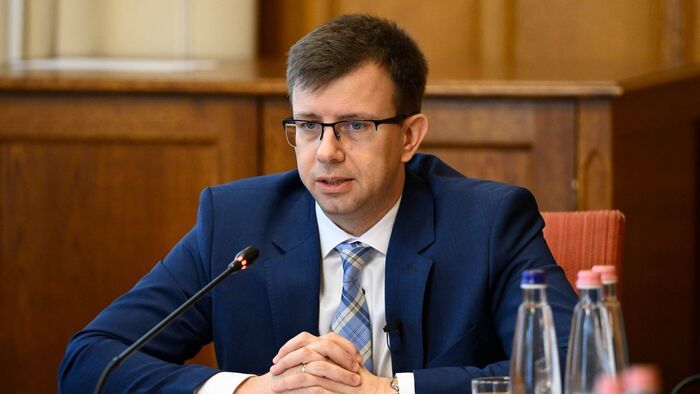
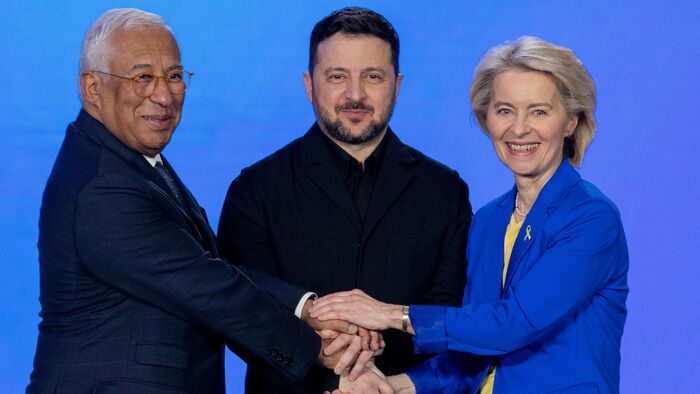
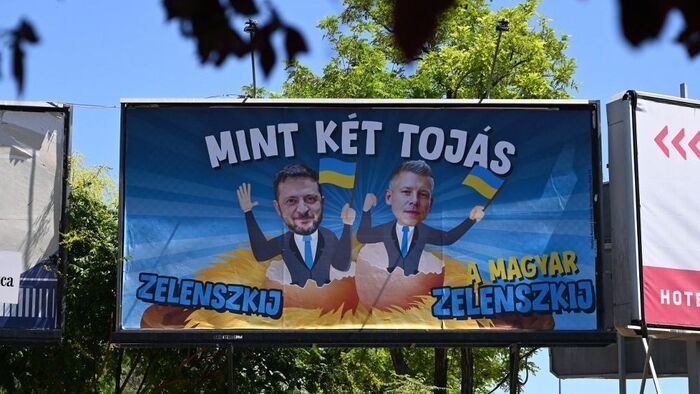





Szóljon hozzá!
Jelenleg csak a hozzászólások egy kis részét látja. Hozzászóláshoz és a további kommentek megtekintéséhez lépjen be, vagy regisztráljon!